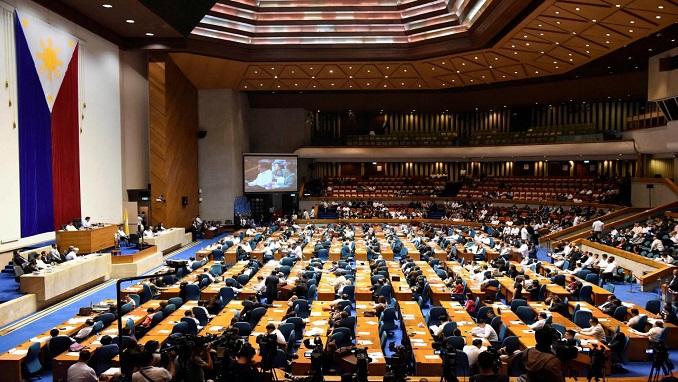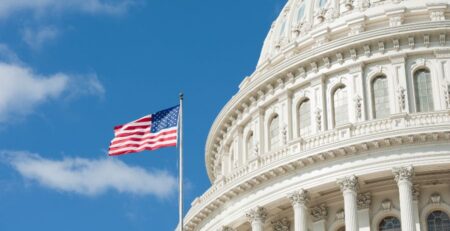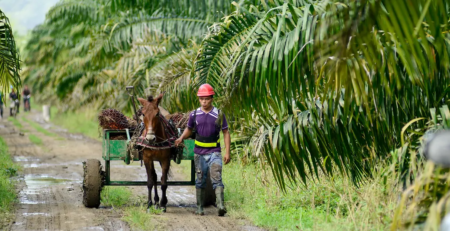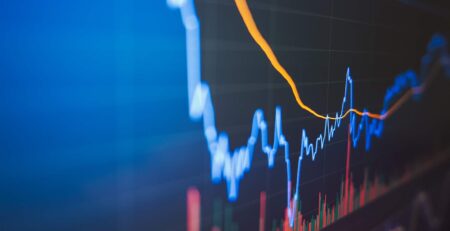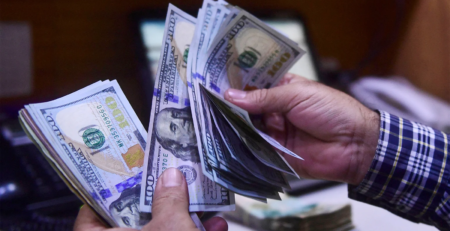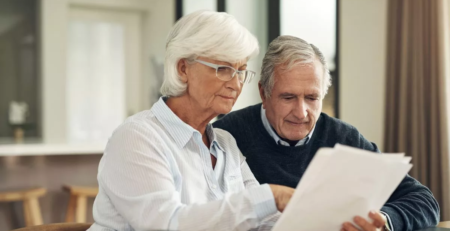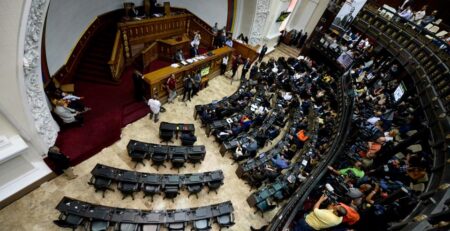Philippines. House panel pitches change in private retirement system
THE House Committee on Banks and Financial Intermediaries on Monday started deliberating the proposed Capital Market Development Act to establish a new private retirement and pension system in the country.
However, Labor Secretary Silvestre Bello III quickly told the committee that while the Department of Labor and Employment (DOLE) lauded the intent of House Bill 8939, the costs to be shouldered by both employers and workers may not be generally welcomed, especially at a time when most people are still bearing the economic toll of the Covid-19 pandemic.
“The cost-sharing arrangement, therefore, needs to be subjected to social dialogue to generate public ownership and a sense of responsibility, which are vital in the smooth implementation and success of the policy reform,” Bello said during initial deliberations of House Bill 8939.
However, another Cabinet member, Trade and Industry Secretary Ramon Lopez, supports the measure and has asked the employers’ group to support it as well.
Panel chairman and Quirino Rep. Junie Cua said his HB 8938 will provide a retirement and pension system that is fully funded, portable, more actuarially fair and stable that will enhance the current pension, at the same time, promoting and encouraging national savings and prudential investments on the part of employees.
“In so doing, vigorously stimulate the development of the capital market, in particular, and contribute to the desired economic growth of the country, in general,” he said.
“An important component of deepening the capital market is to develop a wide institutional investor base that could best be achieved by adopting a robust pension fund system. Timely, our pension fund system has long been due for reform. As old-age income support is now among the major social and economic challenges facing many nations, including the Philippines, it is imperative to institute the much-awaited reforms in our retirement and pension system,” he added.
Cua also admitted the current pension system has a problem.
“It is small, underfunded and inadequate to provide enough income to support old-age retirement. Our pension assets under management represent just 16 percent of gross domestic product,” he said.
Citing the Organisation for Economic Co-operation and Development (OECD), Cua said the average ratio of pension assets is 124 percent of GDP, while the non-OECD average is 36 percent of GDP.
“Said another way, we have 1.3 pensions assets per worker. Thailand has 126 pension assets per worker and Singapore has 900,000 pension assets per worker,” he said.
He added that the private pension system, which is meant to supplement the Social Security System (SSS) and the Government Service Insurance System (GSIS) pensions, has not developed.
“It has its own problems. Foremost of which is the structure of the law and its implementing regulations. Republic Act 7641 does not require pensions to be prefunded, hence, pensions are paid out of pocket rather than built up over the duration of employment, thus, no pool of investible assets is created,” he said.
Employees at risk
“The pension benefits do not vest until they are 60 years old and on the last day of their employment. Because pension benefits only vest at their final place of employment, pensions are not portable, and the employee is at risk in the event of the employer’s bankruptcy. In addition, many are working in the informal sector, which makes it difficult to enforce pension requirements under the current law,” Cua added.
According to Cua, capital markets mobilize savings from households and firms with surplus funds, and channel these to those sectors with a need for such funds.
“It provides the link for the direct intermediation of funds from savers to borrowers through the bond and stock markets, while indirect financial intermediation channels funds from savers through the banking system. For all these channels, the tasks are to allocate savings to their most productive uses,” he said.
Under RA 7641 or the Retirement Pay Law of 1993, Secretary Bello said the pensions are at risk because they are unfunded.
“Worst-case scenario is that employees will not receive anything if the employer suddenly goes bankrupt,” he said.
“Workers also are unable to fully reap the retirement benefits due to the scheme’s non-portable design, where only the final employer is required to pay pensions. For workers who have had multiple employers and have rendered only a few years with their final employer, this means receiving only a small amount upon retirement instead of the full value that has supposedly accrued to them during their working lives,” he added.
Throughout their working lives, Bello said pensioners have contributed to the creation of national wealth.
“It is only fair that they are afforded with safety nets during old age, and no longer in the same productive capacity as they were in their prime years,” he said.
But the proposal is consistent with the DOLE’s mandate to protect workers and promote their welfare.
“We support policy reforms aimed at addressing these gaps and providing better alternatives for workers [as] the proposed measure addresses the issue of underfunding. HB 8938 provides for mandatory contributions from all employers and workers, except the self-employed, government workers, domestic workers and other types of workers who may be excluded,” he said.
The bill
HB 8938 established at the start of employment a mandatory, fully funded and portable Employee Pension and Retirement Income (EPRI) account. The creation of the EPRI account for the employee shall be the responsibility of both the employer and the employee.
The bill puts the EPRI account under the name of the employee bearing the employee’s PhilSys Number (PSN) under Republic Act 11055.
A covered employee, upon reaching the age of 60 years but not beyond 65 years, which is hereby declared the compulsory retirement age, shall retire and avail himself/herself of the benefits under the proposal, according to the bill
Upon reaching the optional or compulsory age under Section 11 or on any of the instances allowed by the regulatory authorities for vesting or termination, the retiring employee, or EPRI owner, shall be entitled to all the EPRI assets at the time of vesting or retirement.
Under the measure, EPRI shall cover all employees and employers as defined under the Labor Code of the Philippines and its implementing regulations. It will also cover all corporations, whether domestic or resident foreign corporation, general professional partnerships and such other entities, whether registered or not, having persons under their employ.
Also, self-employed and professionals may opt for voluntary coverage under this proposal.
The bill said both the employee and the employer shall be obliged to mandatorily contribute to the EPRI account. The amount of such contribution, which shall be fair, equitable, affordable, adequate and sustainable, shall be determined by the regulatory authorities in the implementing rules and regulations.
Also, it said such amount of contribution shall be subject to a periodic evaluation to determine its actuarial sufficiency, fairness and sustainability. The review, revisions and adjustments of such contributions shall be undertaken by the regulatory authorities.
Under the bill, the EPRI owner shall make all investment decisions pertaining to his EPRI asset but limited to EPRI investments products as defined under the proposal. In the absence of an investment choice made, there shall be a default investment product or products determined and prescribed by the regulatory authorities on which the EPRI shall be invested.
The bill said the EPRI account, including those involved in the administration, management and custody of its fund and assets, shall be placed under the regulation, supervision and administration of the Department of Finance, the Insurance Commission, the Securities and Exchange Commission, and the Bangko Sentral ng Pilipinas.
Read More: @BusinessMirror
<view>

